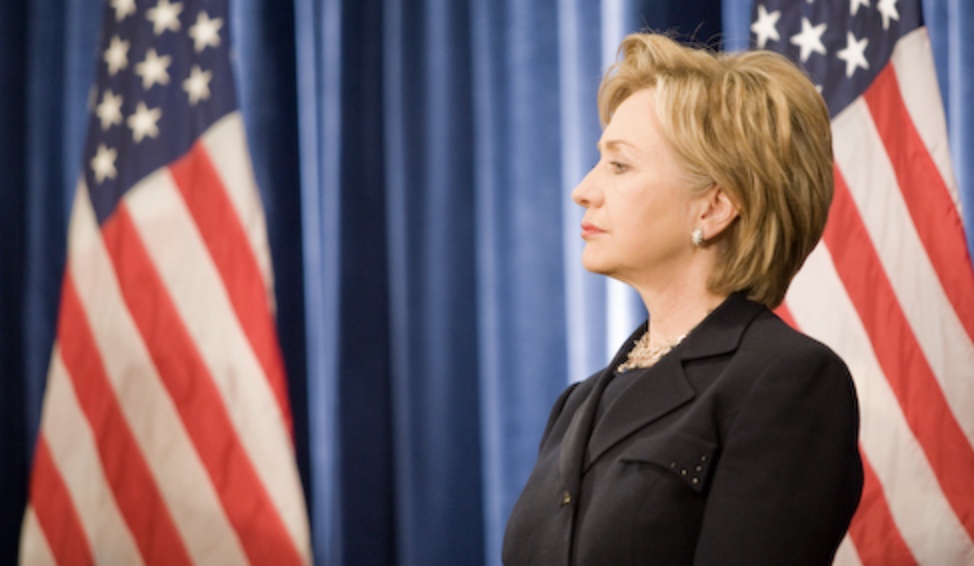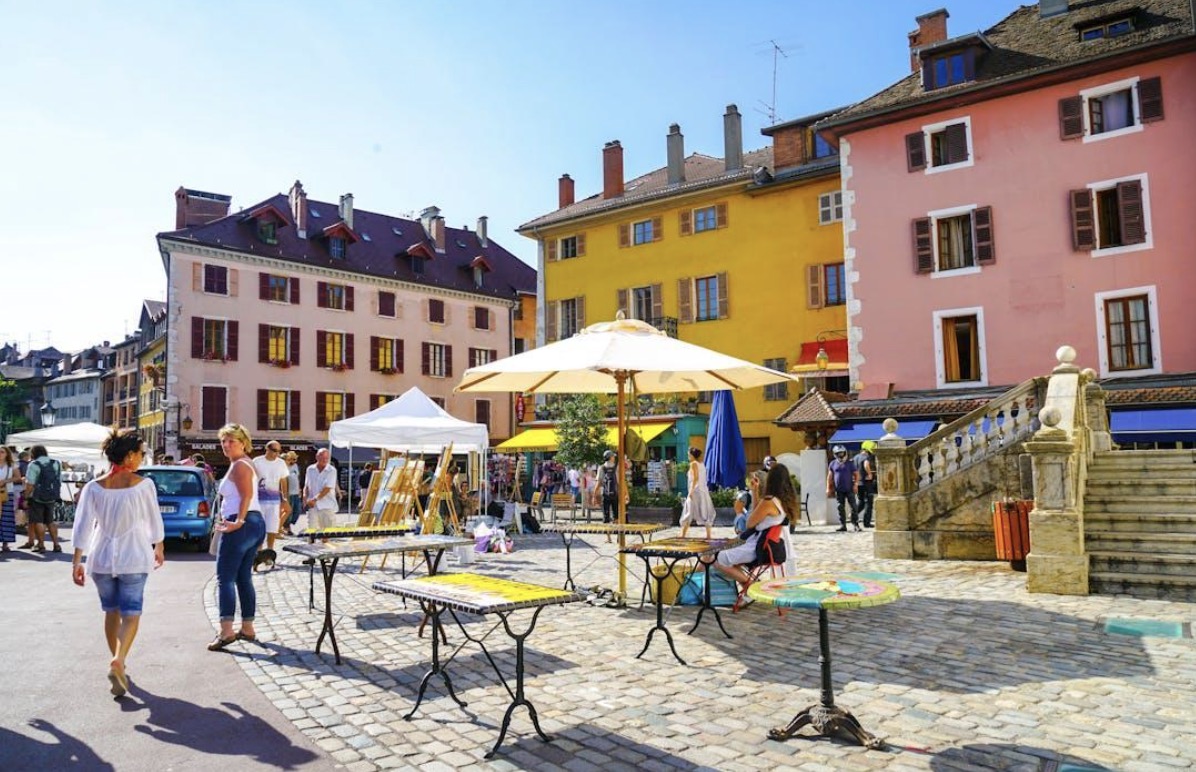While you get on with your lives blissfully, there are teams in the higher-up powers that be that work tirelessly to keep you safe. As the name suggests, the most central part of national security is just that – the security of the country. In Canada, this is headed by the aptly named Public Safety Canada. They work together with agencies that are dedicated to keeping you safe. Their remit involves developing new policies that will improve the safety of the country in the face of an ever-changing world. This agency is the point of contact for the citizens of Canada and will ensure that national security reflects the requirements of the community. Below, we analyze the top agendas of national security.
Cyber Security
One of the most modern national threats of our time is cybersecurity. Government must ensure that those who seek to undermine the digital infrastructure are kept in check. We’ve all seen Die Hard 4 (go check it out if not), and nobody wants the catastrophic events to become a reality. If defending your country’s digital space sounds like something you are interested in, then Wilfred Laurier University offers security courses online. You will need to combine this course with computer science with a focus on cybercrime.
Improving Equality
Equality is a hot topic in the world right now, and the microscope is on full focus to ensure compliance. Public Safety Canada is dedicated to improving the considerations of bias sensitivity, diversity, and identity (BSDI). Further, the application of gender-based analysis is being integrated into current affairs, research, and community engagement. Your country is responsible for ensuring that you feel safe no matter what your identity.
Counter-Terrorism
Counter-terrorism is one of the most important roles in national security for the majority of countries. The government works tirelessly alongside counter-terrorism units – and Public Safety Canada mediates between the two. The implementation of counter-terrorism relies on the integration of the civil service, territorial governments, and provincial leaders. These bodies all work together to detect, deny, prevent, and respond to national terrorism.
Counter-Proliferation
This refers to the prevention of illegal weapons of mass destruction (WMD). The government works at the highest level to monitor the movement of materials needed to build such weapons. Thanks to modern infrastructures – which are a great asset – the perpetrators can move materials around much easier than they could in the past. Agencies work together to safeguard the country against chemical, biological, radiological, and nuclear threats (CBRN). This task requires constant evolution to stay ahead of the trend. There is no single authority that deals with this level of threat; it relies on the cooperation of all levels of the government.
Infrastructure Security
When the infrastructure runs smoothly, you have nothing to worry about because it’s designed to keep you safe. However, when these are made vulnerable and fail, there could be loss of life. For example, if the power grids are shut down, your country would plunge into darkness and, before long, pure anarchy would break loose.
Community Engagement
This initiative brings together the Government of Canada and the people of Canada through the Cross-Cultural Roundtable on Security (CCRS). This is the platform used to encourage open communication between the leaders of the country and thought leaders of the respective communities. The general idea is that national security needs to be decided upon by representatives from across the country as opposed to one head – otherwise that’s resemblant of a dictatorship. This advisory committee weaves together the religious and ethnic cultures of Canada together with the government. You can find out more about the CRRS by reading the National Security Policy.
The Meeting of The Five Eyes
Although it sounds like something sprung from Lord of The Rings, you don’t have to worry about plagues of Orcan armies decimating your land. Instead, this refers to the peaceful alliance between five countries that work together to manage threats to national security – this includes the United States, Australia, Canada, New Zealand, and the United Kingdom. This is viewed on the world stage as one of the most integral alliances in the world. They all share a common goal, a common tongue, and a desire to secure their respective nations. Through The Five Eyes agreement, information is shared between agencies and national security policies are drawn up.
A sub-division of The Five Eyes, the Five-Country Ministerial comprises security ministers from each country that meet up to talk about opportunities for collaboration. Each year, the committee meets up in a different location alongside the Quintet of the Attorney’s General. They are there to mediate meetings and have an important say on high-authority legal matters.
Transparency
In the world of democracy, the government has an obligation to be transparent in its decisions. This is especially true of national security matters, as it impacts the regular Canadian citizen. When the government takes disagreeable actions, there is a citizen’s right to contest and hold them accountable. For this to take place, the government must let the people know what is being done, how it is happening, and why it’s so important to national security. Doing this with complete openness could risk breaches of national security. Therefore, the government will outline processes without offering sensitive details to the public domain. To leak national security information would be detrimental to all levels of the country.
While you enjoy the luxuries of life in the knowledge that you are safe from terrorist threats, have a secure home and can walk down at night through lit streets, you should take a second to think about the amount of work that goes into keeping you safe. You may not agree with everything that your government does, but that is your right and you are free to contest decisions – this is a democracy after all. If you’re still reading and interested in giving back to your country, you can start early and take a diploma in national security, which will offer you a glimpse of what goes on behind closed doors.






